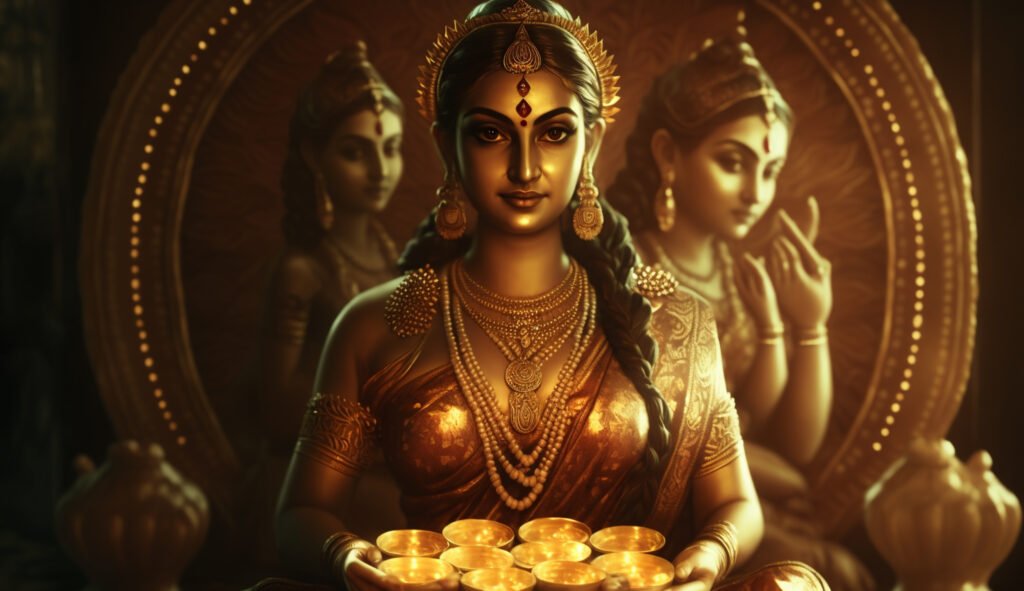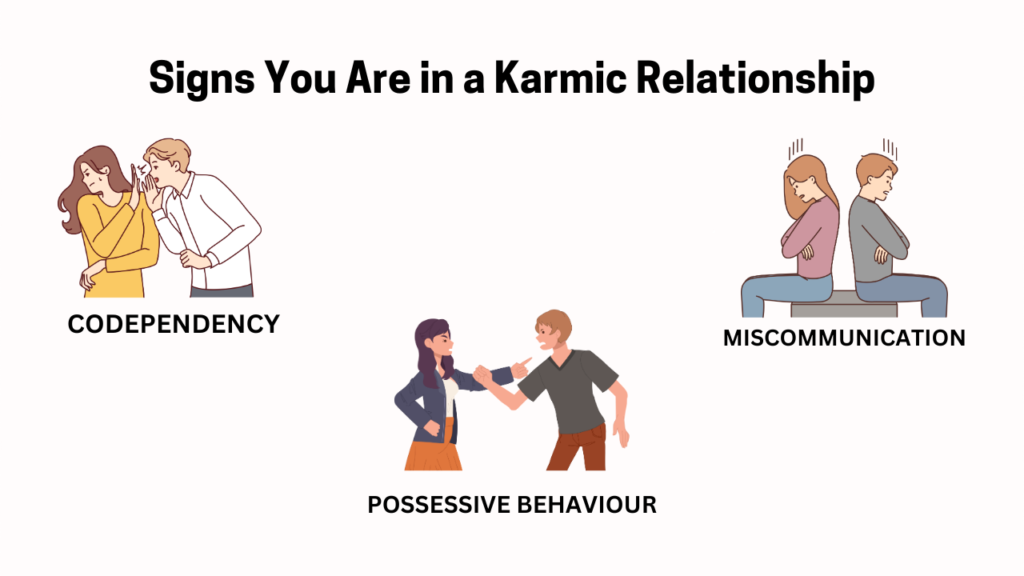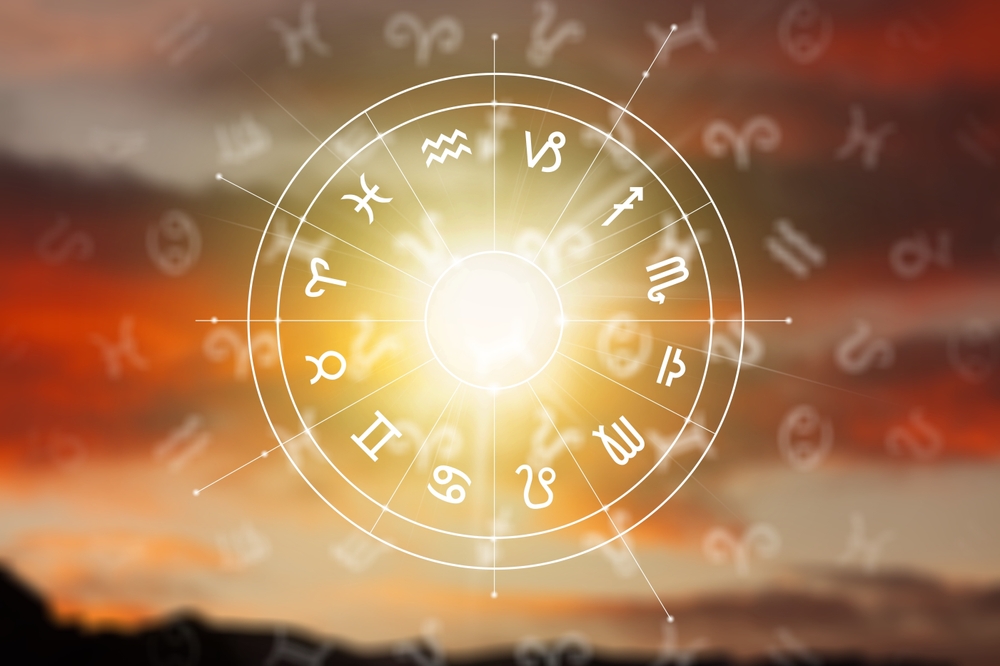Why Dhanteras?: A Deep Dive into the Significance and Celebrations
Why Dhanteras?: A Deep Dive into the Significance and Celebrations Dhanteras, also known as Dhantesh, is a vibrant festival celebrated in India that marks the beginning of the Diwali festivities. The name “Dhanteras” is derived from the Sanskrit words “Dhan,” meaning wealth, and “Teras,” which refers to the 13th day of the lunar fortnight. This auspicious occasion is celebrated on the thirteenth day of the month of Kartika, typically falling in October or November. Let’s explore the significance, traditions, and celebrations associated with this important festival. The Mythological Significance of DhanterasLord Dhanvantari and the Amrit ManthanThe origins of Dhanteras are steeped in mythology. One of the most widely accepted legends is associated with Lord Dhanvantari, the divine physician of the gods. According to Hindu mythology, during the churning of the ocean (Samudra Manthan) to obtain the nectar of immortality (amrit), Lord Dhanvantari emerged holding a pot filled with amrit and precious jewels. This event signifies the arrival of health, prosperity, and abundance, making Dhanteras a day to celebrate wealth and well-being. Worshipping Lord KuberaAnother important aspect of Dhanteras is the worship of Lord Kubera, the god of wealth and fortune. Devotees pray to Lord Kubera for financial stability and abundance in their lives. On this day, people clean their homes and purchase new items as a symbol of welcoming prosperity into their lives. Traditions and RitualsPurchasing Gold and SilverOne of the most well-known traditions of Dhanteras is the purchase of gold and silver, which is believed to bring good luck and wealth. Many people buy new utensils, jewelry, or even vehicles during this time, as it is considered an auspicious investment. The act of buying new items signifies the welcoming of prosperity into one’s life. Lighting DiyasOn Dhanteras, it is customary to light diyas (oil lamps) around homes to ward off darkness and invite positivity. This tradition not only illuminates the surroundings but also symbolizes the victory of light over darkness, reflecting the broader themes of the Diwali festival. House Cleaning and DecorationIn preparation for Dhanteras, families engage in extensive cleaning and decorating of their homes. This practice is rooted in the belief that a clean home invites Goddess Lakshmi, the goddess of wealth and prosperity. Homes are often adorned with colorful rangoli (artistic patterns made from colored powders) and flowers to enhance the festive spirit. The Celebration of Dhanteras Today Modern-Day CelebrationsIn contemporary times, Dhanteras has evolved to include various celebrations and practices. While traditional customs remain prevalent, many people now celebrate by throwing grand parties, organizing family gatherings, and participating in community events. Shopping sprees for gold and silver items, electronics, and home goods have become common, as people look to take advantage of the festive spirit. Eco-Friendly CelebrationsWith growing awareness of environmental issues, many families are adopting eco-friendly practices during Dhanteras. This includes using biodegradable materials for decorations, opting for sustainable products, and minimizing waste during celebrations. The emphasis is on celebrating in a way that honors both tradition and the planet. Natural Colors for Rangoli: Use natural dyes or flower petals for your rangoli instead of synthetic colors. Clay Diyas: Opt for handmade clay diyas instead of plastic or electric lights. Sustainable Purchases: Consider buying from local artisans or businesses that promote sustainable practices. Make me Pure offers a range of addiction treatment options that are customized to meet your requirements, If you’re facing any addiction. We include numerous treatment choices to give you the relaxed chance at recovery and chancing a new way to live. Contact us now to get answers to any questions and explore your queries with one of our hypnosis specialists. Book your seats for professional hypnosis Contact us at 9859282828, 9854282828, 7687949494, 9599375436 Tags: Astrology Meditation past life regression Facebook-f Twitter Linkedin-in Pinterest Youtube










